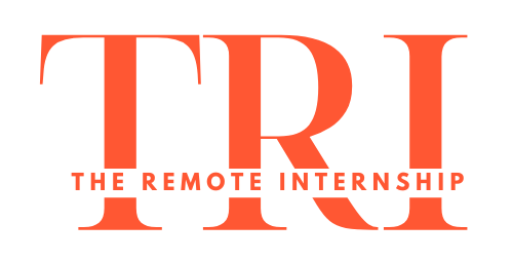If there is something that worries a person facing a selection process, it is the time of the interview, because it is there -mainly- where the candidate can be discarded. However, there are some tips that can help you have good results with the recruiter.
Win the negotiation with your recruiter.

María Paula Murcia, director of e-hunters, affirms that neuronegotiation is the ability to negotiate while understanding the interlocutor. Be clear about how he behaves, how he captures information and how he makes decisions. Actions, attitudes and non-verbal language are key inputs to understand such behavior.
Register or update your resume on our portal and face new job interviews
Beatriz Elena Ríos, senior consultant for e-hunters, assures that neuronegotiation helps make our negotiations much more effective. “For example, if the recruiter touches their hair or nose, the idea is that you copy that movement.”
Ríos explains that out of eight movements that your interviewer makes, choose three and copy them. Of course, do it during the interview, but give a time frame of about 11 seconds after he does the action, so he doesn’t notice. With this exercise you can generate empathy and make the interview or the selection process much more enjoyable and effective.
The expert exemplifies a kind of negotiation. “If the interviewer tells you that they need a person who is knowledgeable in digital innovation, goal-oriented and has the ability to work in a team, reply: ‘I fully understand that you need someone who knows about digital innovation and who can get along well with other people. at work’”.
What Ríos refers to with the previous example is that it is advisable -when responding- to repeat some phrases expressed in the question by the interviewer. That is one way to persuade when negotiating. Obviously, it must be very subtle to be effective, otherwise it can have adverse results.
Other tips for negotiating in a selection process are, for example, controlling anxiety, listening, being clear that what they offer is what you like and are passionate about. In addition, having the salary aspiration identified, since that speaks of the safety of the person and how they value their work.
It is essential that you present your ideas, that you show negotiation paths, but you should always remember that the one who has the power and makes the decision is the recruiter. He gives ideas, but don’t impose them.
For his part, Murcia, expresses that in order to be able to project what one wants in an interview, it is key to know oneself. Know what your strengths and weaknesses are and be able to highlight them without exceeding yourself. In addition, it is vital to know the company and the person who is going to interview you.
“If we take the time to understand and understand the people/interlocutors with whom we interact on a daily basis, it will be easier to make what we seek and want happen, both at a professional and personal level,” concludes Murcia.
It is important to keep in mind that applying all of the above can give you a plus in the selection process, and make you stand out from the other candidates.
What is seen besides the resume
“Apart from the resume, in a selection process the attitude of the person is validated and non-verbal language influences. In addition, the tone of voice with which you answer the questions is taken into account. It is also detailed that the person knows the place where he wants to go. In a selection process, not only experience and study matter. In the same way, it is important that the candidate is aligned with the DNA of the organization”, assures Beatriz Elena Ríos, senior consultant for e-hunters, a company specialized in talent search and selection.
Sign up for the workshop: How to achieve an effective interview?
One course will take place on September 17 from 7:00 a.m. to 11:00 a.m., and the other on September 27 from 4:30 p.m. to 8:30 p.m.
Value: 490,000 COP + VAT. The workshop is paid once to attend a 4-hour session.
Workshop content:
In this workshop attendees will be able to:
– Build a good professional profile
– Highlight your skills and interests on your resume
– Understand what a recruiter evaluates
– Resolve doubts and myths around selection processes
– Obtain tools to enter the labor market stronger than ever

